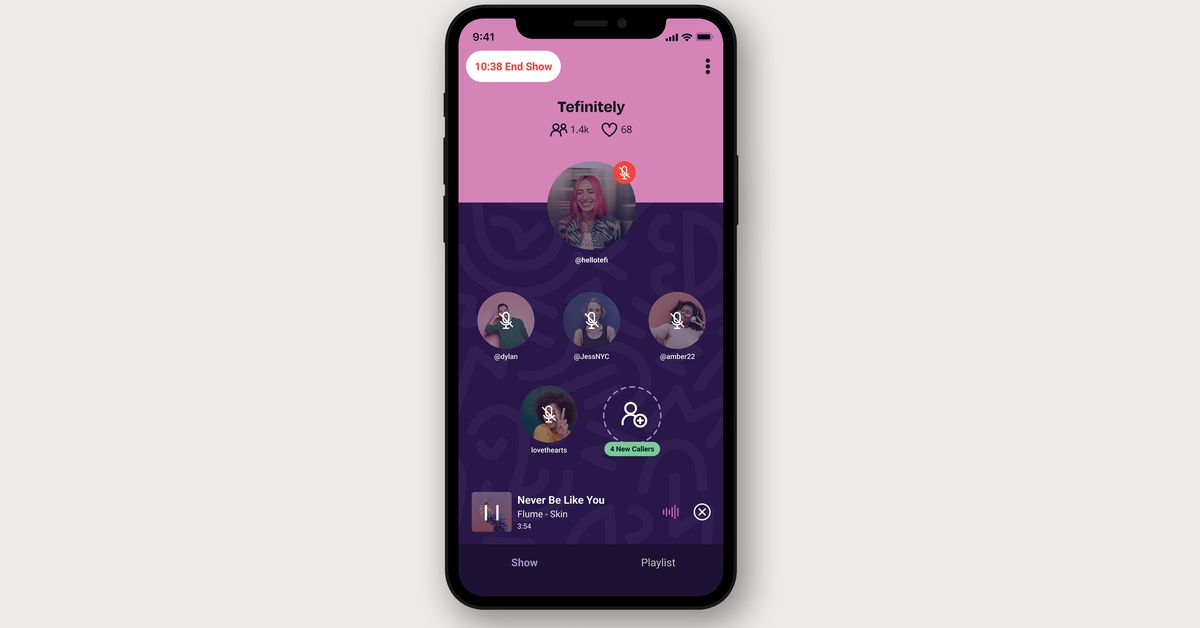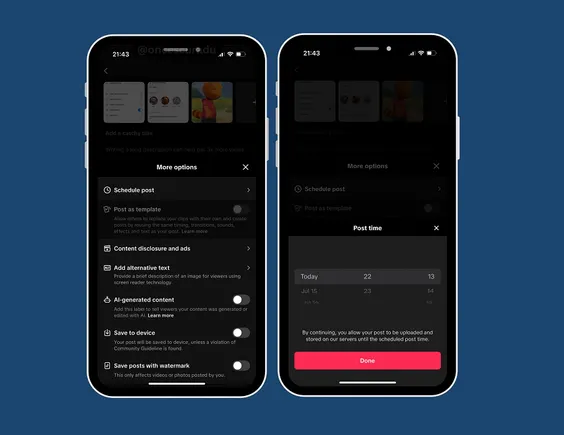Meta shouldn’t remove ‘from the river to the sea’ as hate speech, says Oversight Board
Photo by John Lamparski / AFP via Getty ImagesMeta’s semi-independent Oversight Board says the company made the right call in letting Facebook users post pro-Palestine messages with the phrase “from the river to the sea.” In a decision published...
/cdn.vox-cdn.com/uploads/chorus_asset/file/25603115/2169368847.jpg)
Meta’s semi-independent Oversight Board says the company made the right call in letting Facebook users post pro-Palestine messages with the phrase “from the river to the sea.”
In a decision published today, the board concluded the slogan “has multiple meanings and is used by people in various ways and with different intentions.” Consequently, it shouldn’t be removed under hate speech policies unless it’s accompanied by other violating content — like explicitly antisemitic sentiments or praise for terrorist groups.
Following the October 7th attack on Israel by Hamas and the subsequent retaliation by Israel, online service operators were faced with a flood of posts and videos related to the conflict, particularly posts that supported Palestine with the phrase “from the river to the sea.”
Some, like Etsy and Wix, either openly or secretly banned the phrase; X owner Elon Musk said that it and other terms “necessarily imply genocide” of Israelis and would be grounds for suspension. Others, like Meta, determined that more context was necessary, deciding that while the phrase is used by Hamas in calling for the destruction of Israel, it’s also more broadly employed by activists calling for Palestinian independence or a ceasefire.
A majority of the Oversight Board concurred with this decision. The board examined three pieces of content — one comment and two posts — that contained “from the river to the sea” as either a hashtag, an image, or written text. In all three cases, it found, “there is no language or signal calling for violence or exclusion.” The posts contained either explicit or “contextual signals” of support for Palestinian people and didn’t mention or support Hamas.
The board notes that a minority disagreed with treating the phrase as neutral. Instead, given its use by Hamas, they argued for a policy in which it was “presumed to constitute glorification” of a terrorist group without “clear signals to the contrary.”
The Oversight Board also called attention to concerns about Meta’s decision to shut down CrowdTangle, an analytics tool that was shut down in mid-August. The tool provided data that sometimes revealed embarrassing trends on Facebook, and Meta argued its reports were unrepresentative of the platform’s real dynamics.
But the board says CrowdTangle was key to researching how people actually used “from the river to the sea.” The tool didn’t include content Facebook removed for policy violations; even so, it let researchers conclude the slogan was “generally used in posts raising awareness about the impact of the war on Palestinians, calling for a ceasefire or advocating for rights of Palestinians.”
Meta replaced CrowdTangle with a new system called the Meta Content Library, but researchers have complained that it has limited functionality and is not widely available. “While the Board commends Meta for developing new research tools and working to provide greater functionality, the Board is concerned with the company’s decision to shut down CrowdTangle before these new tools can effectively replace it,” it says, making a nonbinding recommendation that Meta expand the new tool’s capability in the coming months. “Meta should ensure the Meta Content Library is a suitable replacement.”

 Astrong
Astrong 






























